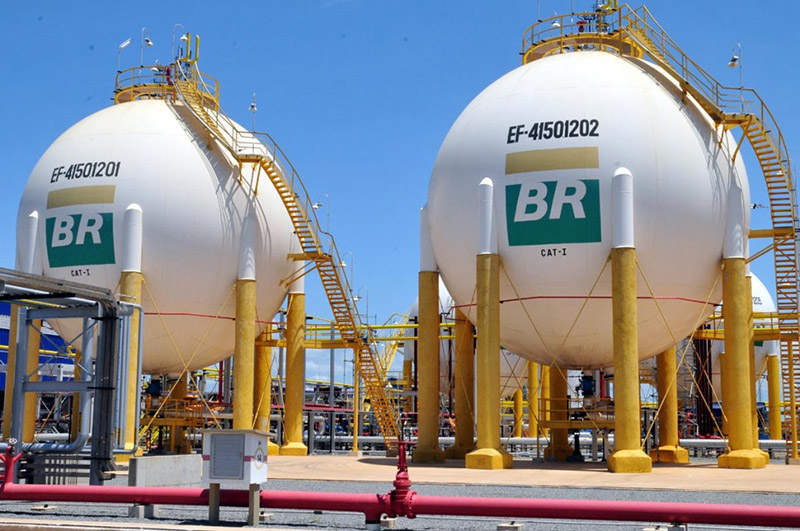RIO DE JANEIRO, BRAZIL – Brazil’s federal government has approved a National Energy Policy Council (CNPE) resolution with guidelines for opening the natural gas market. The goal is to improve energy policies to promote free competition. Also, to implement actions for the transition period in the market, promoted by the evolution of the New Gas Market program.
The resolution was published on April 3 in the Federal Official Gazette (DOU). The document is signed by Minister Bento Albuquerque (Mines and Energy).
The General Secretary of the Presidency of the Republic informed that the measures result from the work of the Committee for Monitoring the Opening of the Natural Gas Market (CMGN), responsible for monitoring the program’s implementation.

“Improvements related to the market transition period were proposed, such as new guidelines and measures related to transparency and coordination among the industry agents for implementing the market model foreseen in the Law,” the agency said.
“Measures are proposed to develop the new natural gas market, especially given the adequacy of procedures and standards used by the natural gas industry agents given the new regulatory scenario, directing this sector in favor of national economic growth.”
Per the resolution, the guidelines for the design of a new natural gas market include:
- removing economic and regulatory barriers to natural gas exploration and production activities;
- Holding auctions of exploration blocks regularly;
- implementing measures to stimulate competition that limit market concentration and promote competition in the supply of natural gas;
- stimulating the development of short-term and secondary markets, molecule and capacity markets;
- promoting the commercial and operational independence of transporters;
- strengthening the separation of potentially competitive activities;
- implementation of an independent and integrated management model for the natural gas transportation system;
- implementation of the entry and exit model for reserve transportation capacity;
- increasing transparency regarding price formation and the characteristics, capacities, and use of infrastructures accessible to third parties;
- encouraging the reduction of transaction costs in the natural gas chain and increased liquidity in the market;
- adoption of a concession model for natural gas transportation and underground storage activities that is adherent to the dynamics of the industry;
- improvement of the indicative infrastructure plans;
- stimulate the development of natural gas storage facilities;
- promoting non-discriminatory and transparent third-party access to gas pipelines;
- improving the tax structure of the natural gas sector in Brazil;
- promoting harmonization between state and federal regulations;
- promoting integration between the natural gas and electric power sectors;
- using the federal government’s natural gas on an economical basis, taking into account the priority of supplying the domestic market;
- promoting a safe transition to the new natural gas market model.

